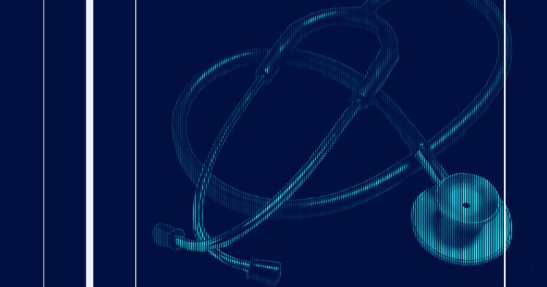
As many countries seek to move on from the first phase of the Covid-19 pandemic by easing population lockdowns, health and social care services will have time to shift their gaze away from a total focus on treating patients with the virus.
In the UK, core services are beginning to be reintroduced within the NHS, but this will mean a careful balancing act between dealing with severely ill Covid-19 patients who still need intensive care and catching up with the backlogs of planned treatments that were cancelled as the pandemic took hold.
Continuing some of the positive behaviour changes that have emerged will help to manage the backlog and keep people safe. Online consultations and the use of online triage solutions reduce the need for physical appointments and will help to increase the number of patients that can be seen remotely.
Combining data to make predictions about future use
Proactive health and social care will also be vital in helping to keep people as healthy as possible. This will help to reduce demand on general healthcare services while also helping to reduce the number of people who are likely to become severely affected by the virus.
Combining data collected by different providers within local health systems will help to build a picture of demand and help us make better predictions about cohorts of patients who are likely to need particular healthcare or treatment.
This twin track approach of making the most of online solutions and at the same time using predictive risk modelling that can provide a view of health needs across the local health system, should help to ease future pressures on health and care services.
Health service overview will be crucial to continue the fight against Covid-19
The need for better data sharing has become even more critical in the wake of the Covid-19 pandemic. The virus has not disappeared and there are likely to be outbreaks within regions or communities.
This means joined up systems with the ability to allow contact between community and acute systems will be crucial in sharing swiftly changing information, advice and alerts as well as being able to prioritise patients to ensure the best care. This helicopter view of what is happening in the whole community – not just hospitals – will be critical to ensure swift action where new outbreaks inevitably occur.
The CHKS Advisory Board recently discussed the challenge of sharing data between acute settings and other providers in the health and care system to support greater integration – its recommendations are particularly relevant in this post-pandemic phase and you can read the report here: https://www.chks.co.uk/Community-intelligence-needs-urgent-attention-says-CHKS-Advisory-Board



